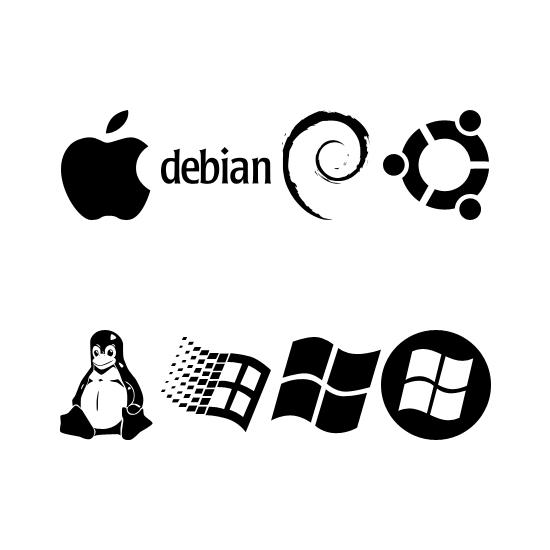
Error-detecting Aids: Production of dumps, traces, error messages, and other debugging and error-detecting methods.Ħ. Security: Prevents unauthorized access to programs and data by means of passwords.ĥ. File Management: Allocates and de-allocates the resources and decides who gets the resources.Ĥ. Processor Management: Allocates the main memory (RAM) to a process and de-allocates it when it is no longer required.ģ. Memory Management: The OS keeps track of the primary memory and allocates the memory when a process requests it.Ģ. The most important tasks performed by the operating system areġ. It controls and keeps a record of the execution of all other programs that are present in the computer, including application programs and other system software. An OS acts a link between the software and the hardware. It provides common services for computer programs. Difference between 32-bit and 64-bit operating systemsĪn operating system (OS) is a type of system software that manages computer’s hardware and software resources.Random Access Memory (RAM) and Read Only Memory (ROM).

Difference between Multiprogramming, multitasking, multithreading and multiprocessing.Difference between Multiprocessing and Multithreading.Difference Between Multithreading vs Multiprocessing in Python.


Socket Programming with Multi-threading in Python.Python Desktop News Notifier in 20 lines.ISRO CS Syllabus for Scientist/Engineer Exam.ISRO CS Original Papers and Official Keys.GATE CS Original Papers and Official Keys.


 0 kommentar(er)
0 kommentar(er)
